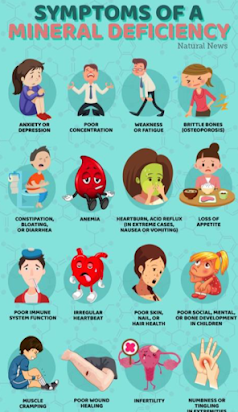Types of vitamins
Vitamins are classified into two main types based on their solubility: water-soluble and fat-soluble.
- Water-soluble vitamins and
like vitamin C and the B vitamins, dissolve in water and are not stored in the body. Fat-soluble vitamins, such as vitamins A, D, E, and K, dissolve in fat and can be stored in the body.
- Fat-Soluble Vitamins:
Vitamin A: Essential for vision, immune function, and cell growth.
Vitamin D: Important for bone health, calcium absorption, and immune function.
Vitamin E: An antioxidant that protects cells from damage.
- Vitamin K: Plays a role in blood clotting and bone health.
- Water-Soluble Vitamins:
- Water-Soluble Vitamins:
Vitamin B1 (Thiamin): Important for energy production and nerve function.
Vitamin B2 (Riboflavin): Helps in energy production and cell growth.
Vitamin B3 (Niacin): Important for energy production and nerve function.
Vitamin B5 (Pantothenic Acid): Aids in energy production and cell growth.
Vitamin B6 (Pyridoxine): Important for nerve function and immune function.
Vitamin B7 (Biotin): Plays a role in energy production and cell growth.
Vitamin B9 (Folate): Crucial for DNA synthesis, cell division, and preventing neural tube defects.
Vitamin B12 (Cobalamin): Important for nerve function, DNA synthesis, and red blood cell formation.
Vitamin C (Ascorbic Acid): An antioxidant that helps with immune function and collagen production.




Comments